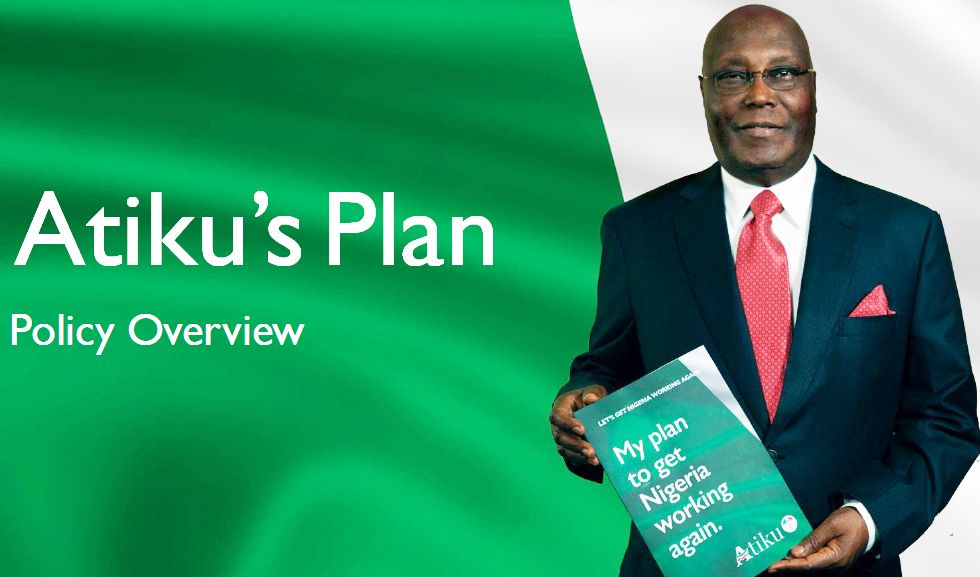Less than three days the presidential flag bearer of the opposition Peoples Democratic Party (DPD), Alhaji Atiku Abubakar unveiled its Policy Plan to get Nigeria working again, a new book by McKinsey (https://www.McKinsey.com/), has confirmed that Africa is poised for economic acceleration, akin to the Asian boom.
While other geographies are seeing incremental growth, global companies that get in early and join the African champions shaping the right strategies, can sustain double-digit profit growth over the next few decades.
In Africa’s Business Revolution: How to Succeed in the World’s Next Big Growth Market (Harvard Business Review Press, November 20, 2018) Acha Leke, Mutsa Chironga, and Georges Desvaux detail the research that McKinsey & Company has done and share insights into Africa’s future growth prospects. The conclusions they draw are distilled from 3,000 McKinsey client engagements, in-depth proprietary research and interviews with 40 of Africa’s most prominent business and development leaders. The authors reveal how companies can better understand the African market and seize the opportunities for building profitable, sustainable businesses.
Africa has a fast-growing, rapidly urbanizing population with big unmet needs. This means there is a trillion-dollar opportunity to industrialize Africa, to meet rising domestic demand and create a bridge-head in global export markets. In addition, there has been a big push by governments and the private sector to close infrastructure gaps. There is continued resource abundance in agriculture, mining, and oil and gas, with innovation and investment in these sectors unlocking new production on the continent. The rapid adoption of mobile and digital technologies could leapfrog Africa past many obstacles to growth.
Leke and Desvaux, both Senior McKinsey Partners and Chironga, an executive at Nedbank, one of South Africa’s largest banking groups, observed that “With over 400 African companies earning annual revenues of US$1 billion or more, we can identify what works. The highly successful businesses are often African companies, but many are entrepreneurial firms with Western, Indian, or Chinese founders. The most consistently profitable businesses demonstrate a higher tolerance for risk, are eager to adapt their products, production and distribution for African consumers, and commit to investing and building their businesses for the long-term.”
The book examines several examples of African businesses that have translated opportunities into enduring business value.
For instance, it shows how Nigerian conglomerate, Dangote Industries, industrialised to serve regional markets through import substitution and improved margins through vertical integration.








